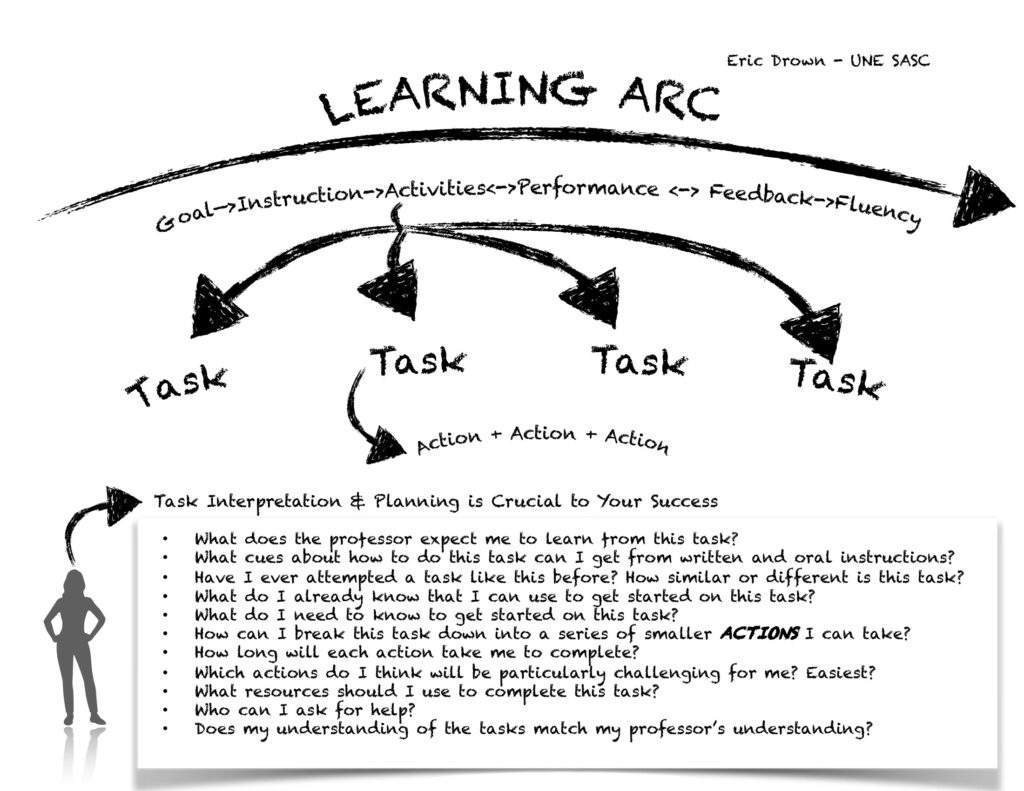
Introduction
Educator John Holt once said that “Learning is a result of the activity of the learner” not the result of the activity of the teacher. Holt meant that learning happens when students carry out meaningful learning activities that challenge their current skills and knowledge.
Students’ interpretation of academic tasks and the action plans they make as a result of their interpretation are crucial factors determining how much they learn and how well they perform.
Teaching and learning researchers Butler and Cartier explain that “students’ interpretation of [academic] tasks drives their planning (e.g., objectives they set), the strategies they select and implement, and the criteria against which they judge their performance during monitoring and self-evaluation. Therefore, if task interpretation is absent or faulty, learning is derailed. A student may work diligently and hard, but his or her efforts will not be productively focused on the intended learning goals. Thus, successful task interpretation is foundational to focused engagement in tasks and ultimately success in school.”
Tutors can be important mentors for students needing to improve their abilities to interpret and plan for academic tasks.
Learning Activity for the Workshop
Real-Life Student Scenarios (Megan Grumbling, Karen Tasker, Lori Wall)
Planning Resources
Suggested Reading
- Deborah L. Butler and Sylvie C. Cartier, “Promoting Effective Task Interpretation as an Important Work Habit: A Key to Successful Teaching and Learning.” Teachers College Record 106:9, September 2004, pp. 1729–1758.
- Michelle L. Simpson and Sherrie L. Nist, “Update on Strategic Learning: It’s More than Just Reading Strategies.” Adolescent & Adult Literacy 43:6 March 2000, pp. 528-541.
- Elizabeth Yuriev, Som Naidu, Luke S. Schembri and Jennifer L. Short, “Scaffolding the Development of Problem-Solving Skills in Chemistry: Guiding Novice Students Out of Dead Ends and False Starts.” Chem. Educ. Res. Pract., 2017, 18, pp. 486-504.

